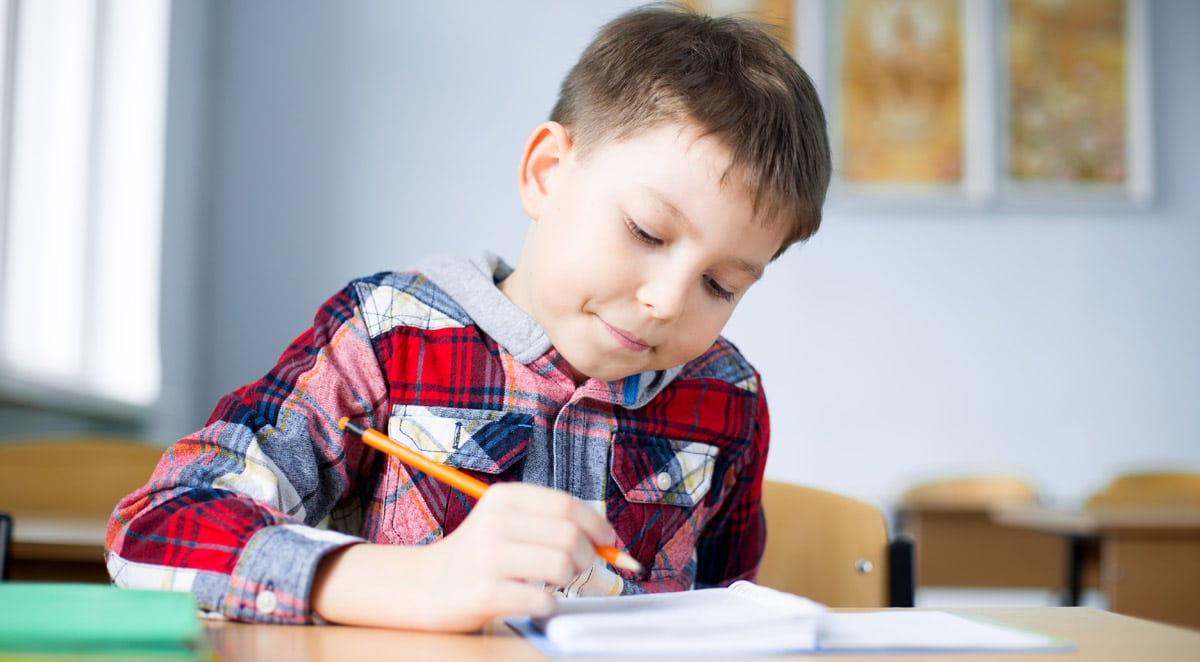A parent that understands how important it is to spend most of the time engaging and taking care of its children tends to realize that even more important it’s to make it a time well-spent. In its earliest years, a child possesses the incredible ability to grasp a lot of information, learn and gain skills that will determine the later development and learning ability in life. As we grow, this ability loses its power, however, how much of that power we’ll keep is also predetermined from what we’ve gained in our early childhood.
One of the skills that help in incredible brain development and enhance cognitive abilities, thus contributing to excellent learning and performance abilities, is learning a second language. That being said each child given the opportunity of learning a foreign language/s will enjoy a myriad of benefits in each stage and area in life.
In today’s modern world it’s very easy for a parent to help and support a child to grow as bilingual even if it grows in a monolingual family. The internet, multimedia and endless language learning resources found online, make it possible for each parent to raise a bilingual child. From one-on-one tutoring on platforms like https://www.livelingua.com/ to foreign language speaking nanny, there is always a way to make it happen.

In This Article
When to Start?
Speaking and comprehending a language is something that comes naturally to all human beings growing in an environment where they constantly hear parents communicating. Moreover, if a human can acquire one language as a baby it can certainly acquire two or more if presented with them. In bilingual and multilingual families children are mostly presented with more than one language since birth and they have the ability to seamlessly shift between two languages having them both as native tongues.
Taking this into consideration it’s best to raise a child as bilingual from day one. However, if this is not the case, a good time to start is between the age of two and five. Educationalists and neuroscientists agree that the child’s brain development is quite remarkable in this stage of life and what is acquired during this period can be critical to their overall capacity for learning. Knowing that language learning brings many benefits to brain development and other aspects of life, the effects will be very powerful if acquired in the early stage go childhood.
Apart from everything mentioned above, the right answer to when is now! Despite the age, a child and adult equality can enjoy a myriad of benefits from learning a foreign language.
The Benefits of Bilingualism at a Young Age
Recent researches have concluded that learning a second language activates different brain areas depending on the stage of life in which this knowledge is acquired. In children, information regarding native tongue and the foreign language/s learned are stored together in the same brain area, while in adults, the newly grasped language is stored in a completely different brain area than the native tongue. Mainly this is the reason why languages learned at a young age are permanent knowledge. Additionally, this is the reason why learning a foreign language greatly affects the development of excellent cognitive abilities that will later on positively affect other skills and performances.
Better Brain Development
Language learning contributes to the “building” of the brain. Moreover, a language entails numerous elements in order to make a comprehensible functioning: learning and remembering words, acquiring the sound system and the writing system, grammar and finding the ways to put all together in expression. This complex procedure activates almost all parts of the brain resulting in the development of new brain connections, moreover, white and gray matter. All these new connections that were built make for polished cognitive abilities that will present as:
- improved memory
- fast learning
- ability to multitask
- excellent problem-solving skills
Excellent Academic Performance
Each of the abilities mentioned above contributes to enhanced interest in learning. A child with such skills finds learning an easy task as it can easily remember what’s learned and make an understanding of that knowledge. Being good at something brings immense joy to each individual, especially kids, and that satisfaction will encourage a child to love to learn and move forward fast in the educational process.
Bilingual children have the predisposition to learn more languages later on in life, while they will also enjoy better opportunities regarding studying, working and traveling abroad.

Increased Self-Confidence
Children that are skillful, perform good and enjoy the satisfaction all that brings, have solid self-esteem for their age. The self-confidence a child has at a young age pretty much affects the self-confidence of the adult it will become. Researches performed at Windsor University in Canada confirm that bilingual children have higher self-esteem than their monolingual peers.
The idea that a child speaking two or more languages recognizes the world as a diverse place is related to their great socializing skills. Bilingual children tend to be very communicative and curious, thus making friends easily. They accept everyone for what it is and are unlikely to become bullies in a school environment. With great social skills and good self-confidence, a young child is a great friend and person that will possibly grow up to be a well-rounded adult and leader.











